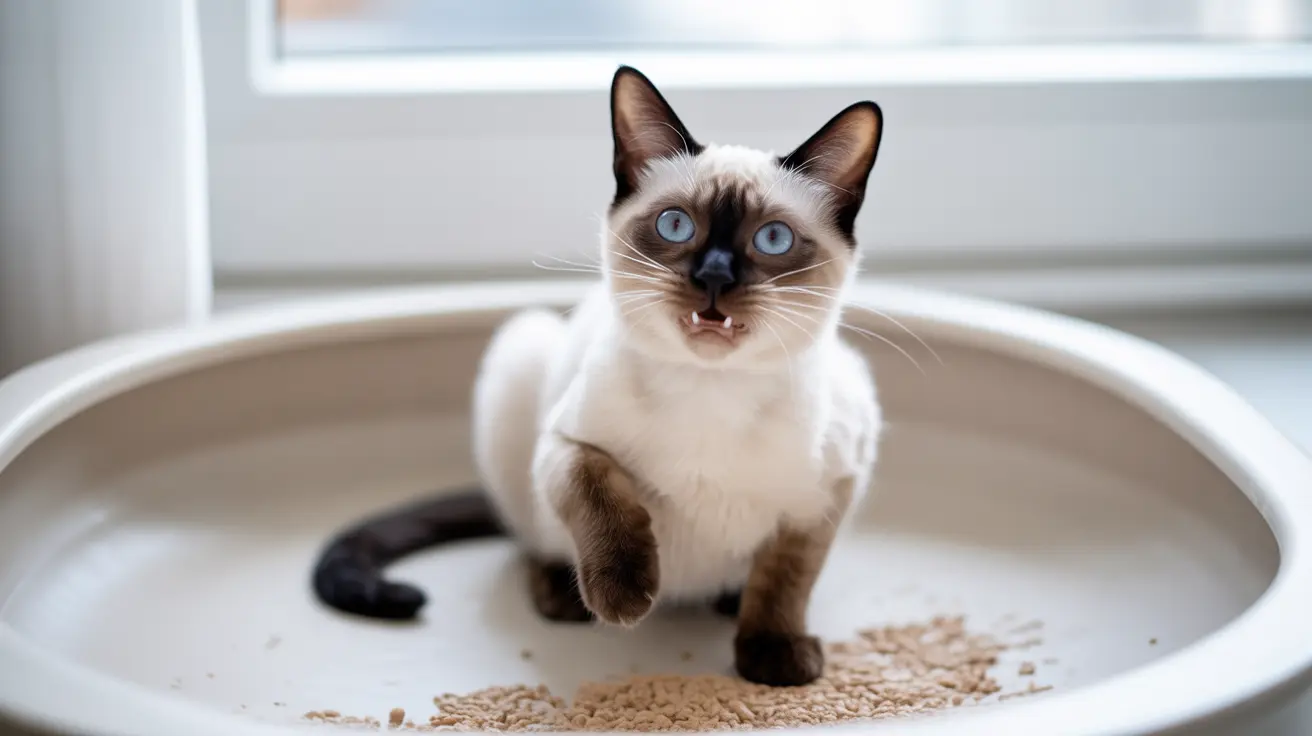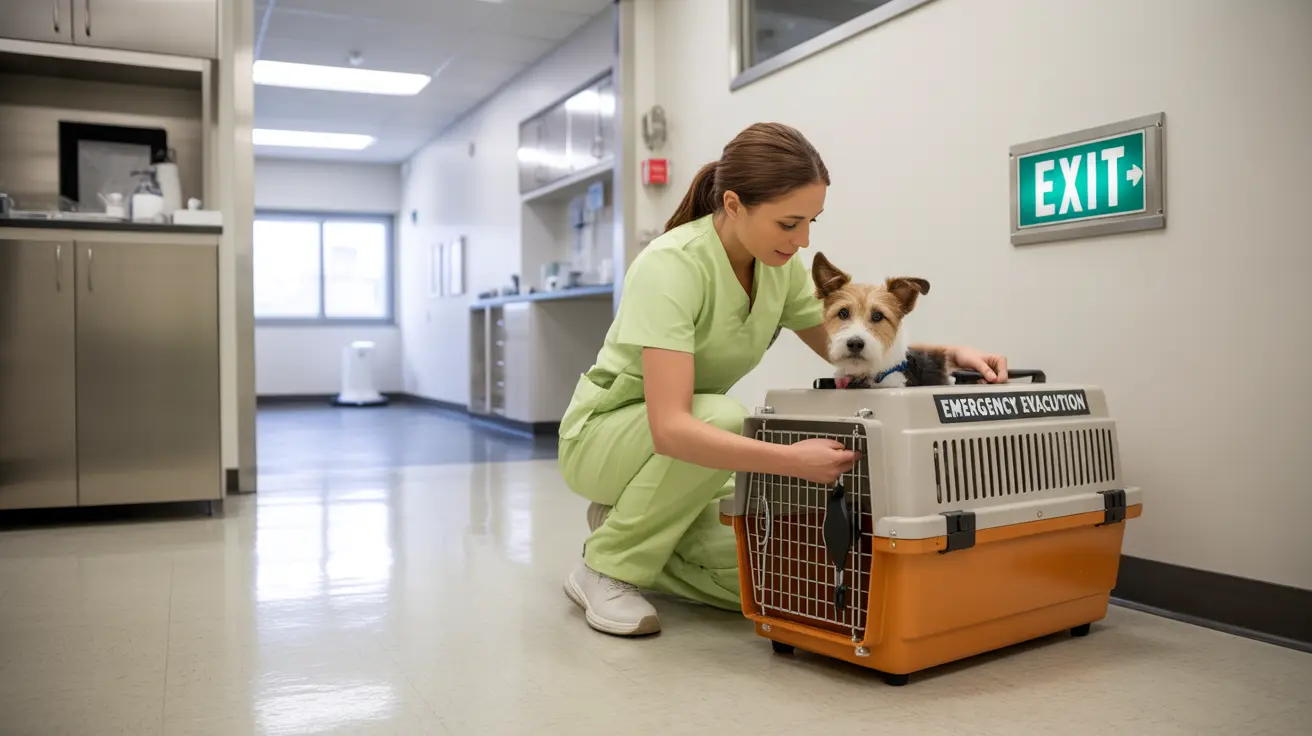If you've ever heard your cat vocalizing while using the litter box, you're not alone. This common behavior can range from normal communication to a potential warning sign of health issues. Understanding why cats meow in the litter box is crucial for maintaining your feline friend's wellbeing and ensuring their bathroom habits remain healthy.
In this comprehensive guide, we'll explore the various reasons behind this behavior and help you determine whether your cat's litter box vocalizations are normal or require veterinary attention.
Common Reasons for Litter Box Vocalization
Natural Communication and Instincts
Cats are naturally vocal creatures, and some breeds, particularly Siamese cats, are known for being especially chatty. Your cat might meow in the litter box simply because they're following their instincts. In the wild, cats are vulnerable while eliminating, so vocalizing could be a leftover protective behavior from their ancestors.
Clean Box Preferences
Cats are fastidious animals with high standards for cleanliness. If your cat meows while using the litter box, they might be expressing dissatisfaction with its cleanliness. Regular scooping and maintenance are essential for keeping your cat comfortable and reducing unwanted vocalizations.
Medical Concerns to Watch For
Pain and Discomfort
Sometimes, meowing in the litter box can indicate underlying health issues. Watch for signs such as:
- Straining to urinate or defecate
- Frequent trips to the litter box
- Blood in urine or stool
- Excessive genital grooming
These symptoms, combined with vocalization, warrant immediate veterinary attention.
Urinary Tract Issues
Cats are prone to various urinary tract problems, including infections, crystals, and blockages. If your cat seems distressed while using the litter box, particularly if they're male, this could indicate a serious medical emergency requiring immediate care.
Environmental Factors and Solutions
Proper Litter Box Setup
Your cat's litter box environment plays a crucial role in their comfort level. Ensure:
- One box per cat, plus an extra
- Quiet, accessible location
- Appropriate box size and depth
- Preferred litter type
- Regular cleaning schedule
Stress and Anxiety Management
Changes in the household can cause stress-related vocalization. Consider factors like:
- New pets or family members
- Recent moves or renovations
- Changes in routine
- Competition for resources in multi-cat homes
When to Seek Professional Help
If your cat's litter box vocalizations are accompanied by behavioral changes or physical symptoms, don't wait to contact your veterinarian. Early intervention can prevent serious complications and ensure your cat's continued health and comfort.
Frequently Asked Questions
Why does my cat meow in the litter box after or while using it?
Cats may meow in the litter box due to natural communication habits, discomfort with the box's cleanliness, or to mark their territory. Some cats also vocalize out of habit or breed tendency.
Could my cat's meowing in the litter box mean a medical problem like a urinary tract infection?
Yes, excessive vocalization in the litter box can indicate medical issues like urinary tract infections, bladder stones, or constipation. If the behavior is new or accompanied by other symptoms, consult your veterinarian.
What changes to litter box type or location can cause my cat to meow when using it?
Changes in litter type, box size, location, or cleanliness can cause stress-related vocalization. Cats prefer consistent, quiet locations and may protest changes through meowing.
How can stress or anxiety make my cat vocalize in or near the litter box?
Stress from household changes, new pets, or environmental disruptions can cause cats to vocalize more frequently, including during litter box use. This is their way of expressing discomfort or seeking reassurance.
When should I take my cat to the vet if it is meowing a lot while using the litter box?
Seek veterinary care if your cat's vocalization is accompanied by straining, frequent trips to the box, blood in waste, or changes in elimination habits. Male cats showing signs of urinary issues need immediate emergency care.






